Author: Jace Lington
-
U.S. Supreme Court dismisses case about 2019 DHS immigration rule expanding definition of public charge
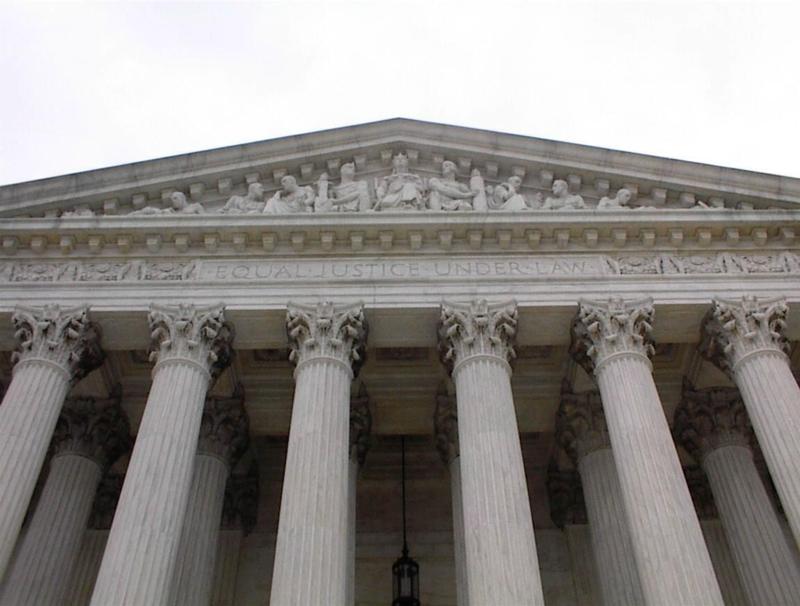
On March 9, 2021, the clerk of the U.S. Supreme Court granted a request from the Biden administration and the groups challenging a 2019 immigration rule to dismiss Department of Homeland Security v. New York. The case involved whether the U.S. Department of Homeland Security (DHS) violated the Administrative Procedure Act (APA) and federal immigration…
-
U.S. Supreme Court to hear case challenging regulations related to abortion under Title X family planning program
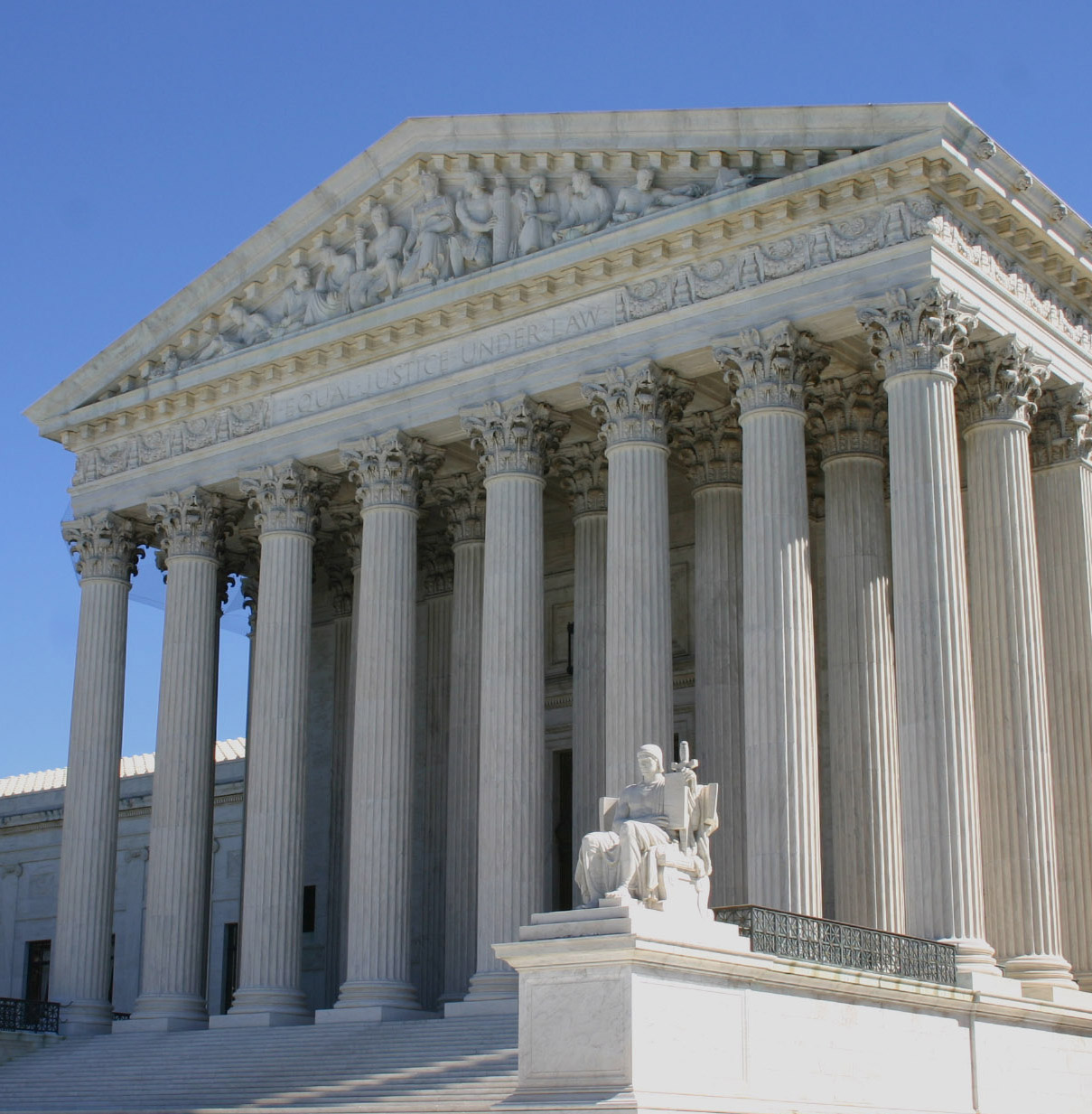
On February 22, the U.S. Supreme Court agreed to hear _American Medical Association v. Cochran_. The case concerns whether the U.S. Department of Health and Human Services (HHS) violated the Administrative Procedure Act (APA) and federal healthcare laws when it issued a 2019 rule that placed abortion-related restrictions on healthcare providers receiving federal funds under…
-
U.S. Supreme Court to hear case about 2019 DHS immigration rule expanding definition of public charge

On February 22, the U.S. Supreme Court agreed to hear Department of Homeland Security v. New York, a case about whether the U.S. Department of Homeland Security (DHS) violated the Administrative Procedure Act (APA) and federal immigration law when it issued a 2019 rule expanding the definition of those the agency would consider to be…
-
Easter deadline to use Congressional Review Act to repeal end-of-term Trump administration regulatory activity
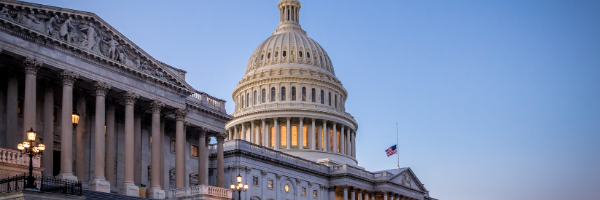
A recent edition of the Congressional Record clarified that Congress has 60 days from February 3, 2021, to use the Congressional Review Act (CRA) to block regulatory activity taken near the end of the Trump administration. The Congressional Review Act is a federal law passed in 1996 that creates a 60 day review period during…
-
Differing deference views in FDA abortion pill case

On January 12, the U.S. Supreme Court temporarily restored restrictions implemented by the U.S. Food and Drug Administration (FDA) governing the dispensation of an abortion-inducing pill. A district court had ordered the FDA to loosen restrictions on the drug because, in its view, the COVID-19 pandemic made it more difficult for women to access the…
-
Colorado Supreme Court rules that state board must defer to disciplinary actions taken by other state agencies

On Dec. 21, the Colorado Supreme Court ruled in DOC v. Stiles that the Colorado State Personnel Board (Board) must defer to disciplinary decisions made by state agencies. The court’s decision aimed to shed light on the standard the Board must apply when reviewing other state agencies’ disciplinary decisions. The court held that when the…
-
Four new Kentucky bills would limit the governor’s emergency powers

On Jan. 7, the Kentucky State House and Senate passed four pieces of legislation aimed at limiting the emergency powers of the state governor. The first bill, House Bill 1, would allow any businesses, schools, or associations to remain open as long as their operating plans meet or exceed guidance issued by the federal…
-
New bill would require GAO to send Congress a report on major midnight regulations
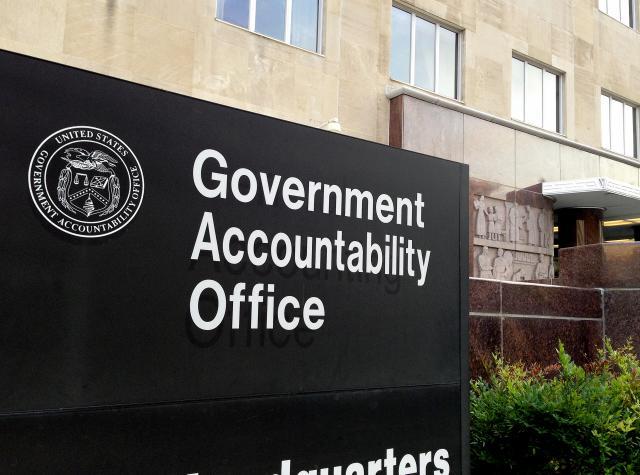
On December 14, Representative Gerald Connolly (D-Va.) introduced the Midnight Regulations Review Act in the U.S. House of Representatives. The bill would require the Government Accountability Office (GAO) to send Congress a report about major regulations made by outgoing presidents just before the transition to a new administration. The bill defines major rules as those…
-
Florida Administrative Commission appoints new chief administrative law judge
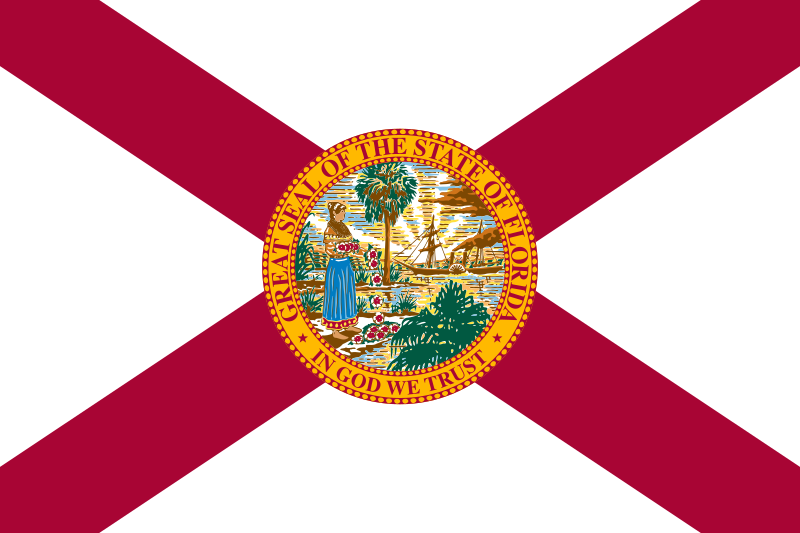
On December 15, the Florida Administrative Commission, composed of the governor and cabinet, appointed Pete Antonacci to serve as chief administrative law judge (ALJ) of the Florida Division of Administrative Hearings (DOAH). As chief administrative law judge, Antonacci will manage 31 administrative law judges within the DOAH as they oversee challenges to state agency rules. …
-
U.S. Supreme Court hears oral argument in case about presidential control of independent agencies

On December 9, the U.S. Supreme Court heard oral argument in Collins v. Mnuchin, a case about the extent of the president’s appointment and removal powers and control of independent federal agencies. The U.S. Supreme Court will decide whether restrictions Congress placed on the ability of the president to remove the director of the Federal…

